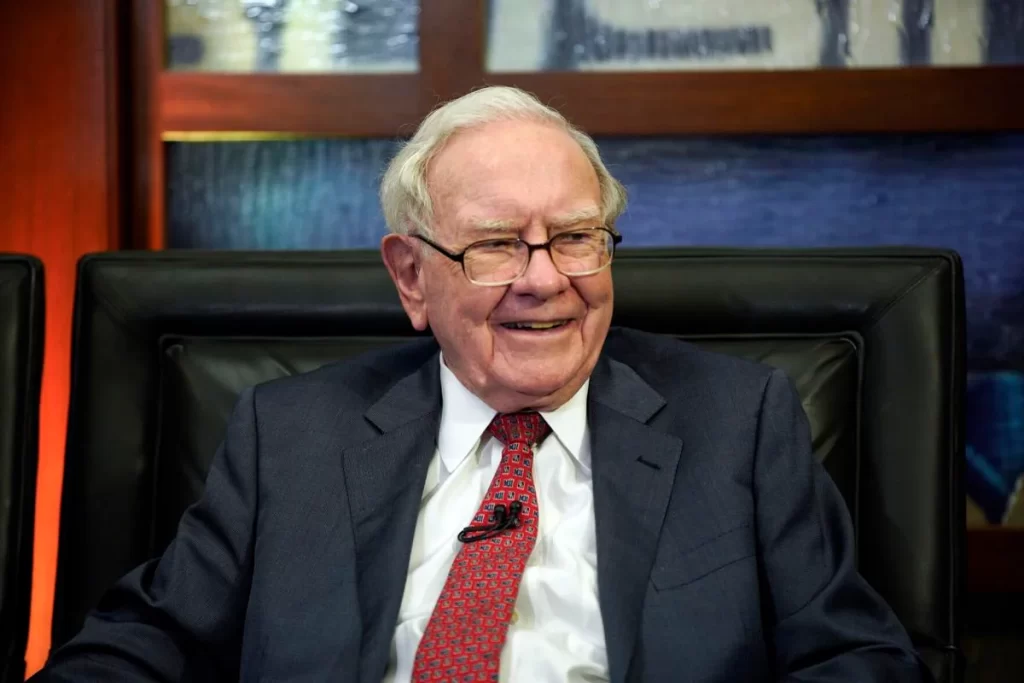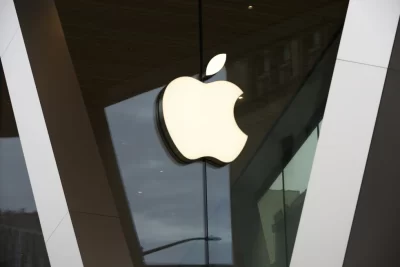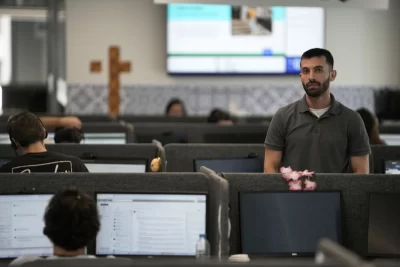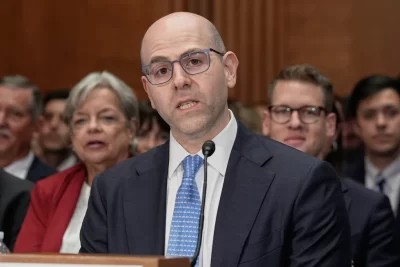
The billionaire Haslam family says in a lawsuit that Warren Buffett and Berkshire Hathaway are trying to artificially depress the price the company is obligated to pay for the family’s remaining 20% stake in the Pilot Travel Centers truck stop chain that Jim Haslam founded.
Berkshire has paid nearly $11 billion since 2017 for the first 80% of Pilot.
Berkshire changed the accounting practices at Pilot this year after it acquired control of the company. The lawsuit that was unsealed Thursday said that change is artificially depressing Pilot’s reported earnings, which are used to set the purchase price Berkshire agreed to pay in 2017.
“Berkshire is intent on using the accounting change to justify grossly underpaying Pilot (the Haslam family) for its 20% interest,” the lawsuit said.
The Haslam family, which includes Cleveland Browns owner Jimmy Haslam and former Tennessee Gov. Bill Haslam, declined to comment beyond the lawsuit.
Buffett didn’t respond to questions about the dispute that were emailed to his assistant on Friday.
Pilot’s Chief Legal Counsel Kristin Seabrook said in a prepared statement that this dispute isn’t related to the operation of the nation’s largest network of truck stops that has more than 850 locations and roughly 30,000 employees in the United States and Canada.
“This legal dispute is limited to a narrow issue between owners and is in no way related to the management or day-to-day operations of Pilot Company,” Seabrook said.
Berkshire is known for largely letting its businesses run themselves and holding onto nearly every business it buys forever. The Haslams said their respect for Buffett and his conglomerate was a big part of why Berkshire was the only buyer they considered. In a somewhat unusual move, Berkshire installed a new CEO at Pilot after it took over this year and made the accounting change at the heart of this dispute.
The truck stops provided a meaningful boost to Berkshire’s revenue and profits this year.
Berkshire’s decision to shift to something called “pushdown accounting” this year forced Pilot to take on higher depreciation and amortization costs and that resulted in lower net income, according to the lawsuit.
The Haslams tried unsuccessfully to argue at Pilot board meetings that the company shouldn’t make that change or at least that the new accounting method shouldn’t be used to determine the value of their stake, but they were outvoted by the five Berkshire members of the board.
So the elder Haslam appealed directly to Buffett, but the lawsuit says that all the revered investor would say is to reiterate that Berkshire will comply with the terms of the contract they all signed in 2017.
As part of that deal, Berkshire bought 38.6% of Pilot in 2017 for $2.758 billion before more than doubling that to 80% this year for an additional $8.2 billion. Buffett told Berkshire shareholders this spring that he wishes he could have bought the entire company at once because the price was better in 2017, but the Haslams wouldn’t sell it all then.
“The first stage we bought at what turned out to be a very attractive price,” Buffett said at the meeting. “The second stage turned out to be a very good year for the diesel business, which means that the seller got a very good price.”
The Haslam’s have the option once a year to decide whether they want to sell their remaining stake. The family asked the court to intervene and force Pilot to revert to the accounting method it used to use before they have to make that decision early next year.






